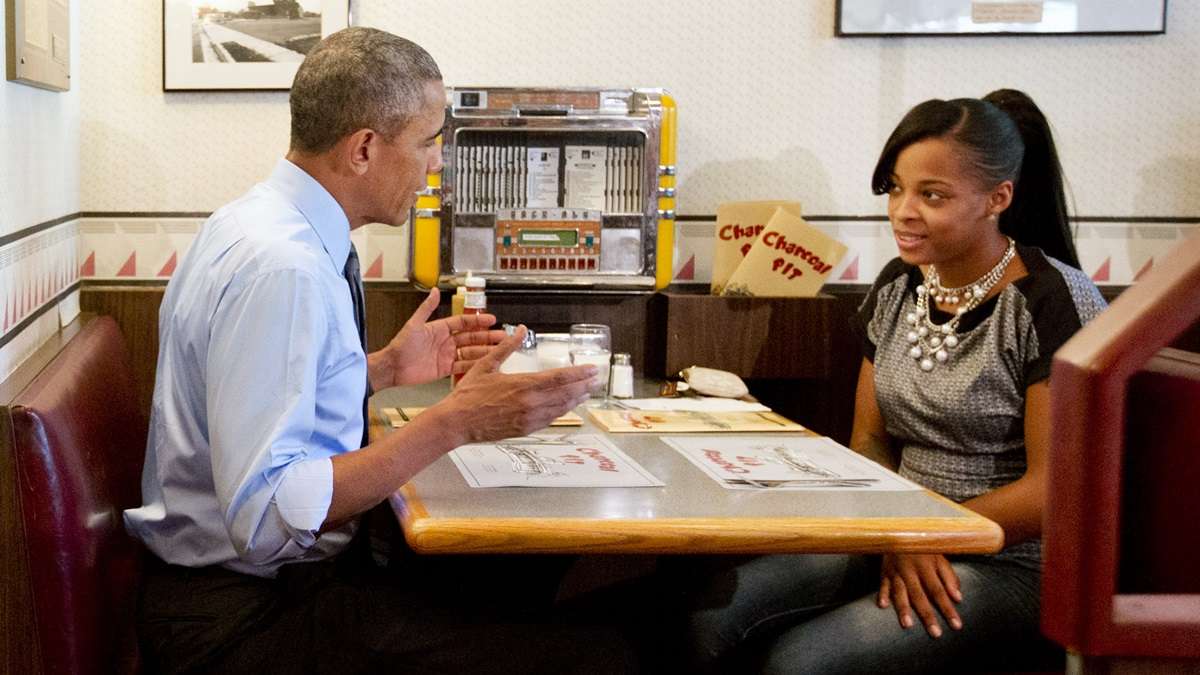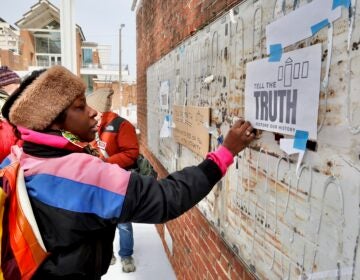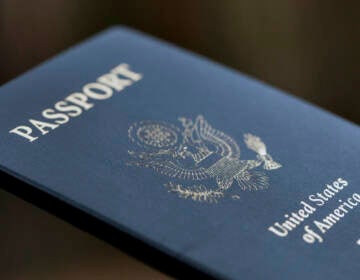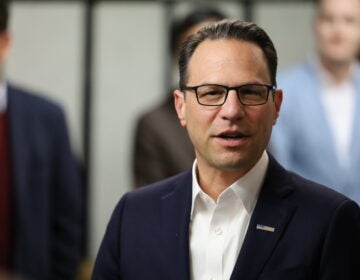Philly judges took care of ‘connected guys,’ prosecutor says in ticket-fixing case
ListenLawyers made closing arguments Thursday in the federal trial of five former Philadelphia Traffic Court judges accused of conspiracy, wire and mail fraud in an alleged ticket-fixing scheme.
“Shame.” Or perhaps, “You’re gonna need a hook-up in here.” Assistant U.S. Attorney Tony Wzorek said those are the words that could have been etched above the entrance to Philadelphia Traffic Court from 2008-2011 while the judges participated in a ticket-fixing scheme.
In his closing arguments Thursday, he again emphasized the government’s case against former judges Willie Singletary, Michael Sullivan, Thomasine Tynes, Robert Mulgrew and Michael Lowry. Wzorek said traffic ticket cases were “pulled for consideration” for “connected guys — not the little guy.”
The defendants are not charged with taking money in exchange for allegedly fixing tickets. But Wzorek told the jury that money was involved because, he argued, by letting traffic violators off, the judges deprived the city of Philadelphia and the state of Pennsylvania with revenue from fees and fines.
The judges “entered into a conspiracy to take care of each other” by giving special consideration to tickets incurred by friends and family, Wzorek said.
Their actions violated the fundamental tenet of “equal protection under the law,” he said, adding that the judges, despite their behavior, “were elected as judges — not kings or queens.”
The court has been abolished since the federal indictment.
Lawyers for the defendants attempted to point to holes in the charges. They argued that the judges tossed tickets based on their merit, or lack of merit, and that the tickets involved in the case represented just a tiny fraction of the total cases heard by the judges during their years on the bench.
That, the defense lawyers said, should serve as evidence that the judges did not seek to defraud the city or the state of fines and fees, since they found many tickets were correctly issued.
Attorney William Brennan, who represents Singletary, said when judges gave “consideration” it was not a guarantee that the case would be dismissed or the driver found not guilty.
Brennan stressed that while his client may have made “ethical transgressions,” the content of his actions do not amount to the mail and wire fraud charges. He stressed that his client did not receive money for helping people, including a fellow pastor.
“What benefits did they [the judges] get out of this?”
Wzorek, who said the judges significantly damaged the judicial system, said the alleged ticket-fixing scheme was “like a cancer” — eating away at the integrity of Traffic Court.
WHYY is your source for fact-based, in-depth journalism and information. As a nonprofit organization, we rely on financial support from readers like you. Please give today.









